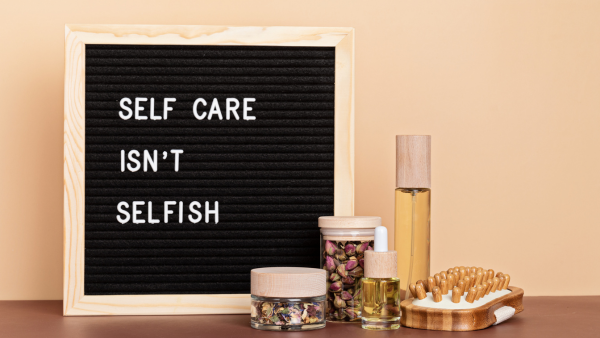Self-care is often misunderstood. Many people equate it with spa days or time away from their responsibilities, branding it as indulgent or even selfish. But in the context of relationships, self-care is anything but selfish—it’s essential. When you care for your own mental, emotional, and physical well-being, you become a more grounded, attentive, and loving partner.
Think of self-care as relationship medicine. When both partners are tending to their individual needs, the relationship becomes a space of shared wellness rather than mutual depletion. If one or both people are burned out, resentful, or emotionally dysregulated, the connection suffers—not because they don’t love each other, but because love can’t thrive in a depleted state.
Self-care also models healthy boundaries and respect. When you show up rested, centered, and self-aware, you create a ripple effect. You normalize emotional regulation. You normalize taking breaks. You normalize saying, “I need a moment,” or “I can’t give my best to this conversation right now, but I will when I’ve reset.”
Relationships aren’t built solely on grand gestures or deep conversations. They’re built on how we show up day after day. And self-care determines the quality of that presence. When you’ve taken care of yourself—whether by getting enough sleep, managing stress, or spending quiet time alone—you bring patience instead of irritation, curiosity instead of defensiveness, and generosity instead of resentment.
You are not responsible for your partner’s self-care, and they are not responsible for yours. But you are both responsible for the energy you bring to the relationship. And when that energy is fueled by self-love, self-respect, and personal responsibility, the relationship becomes a space of true connection—not codependency or emotional burnout.
So, the next time you feel guilty for taking care of yourself, remember: you’re not pulling away from your partner. You’re pouring into the relationship from a fuller cup.

